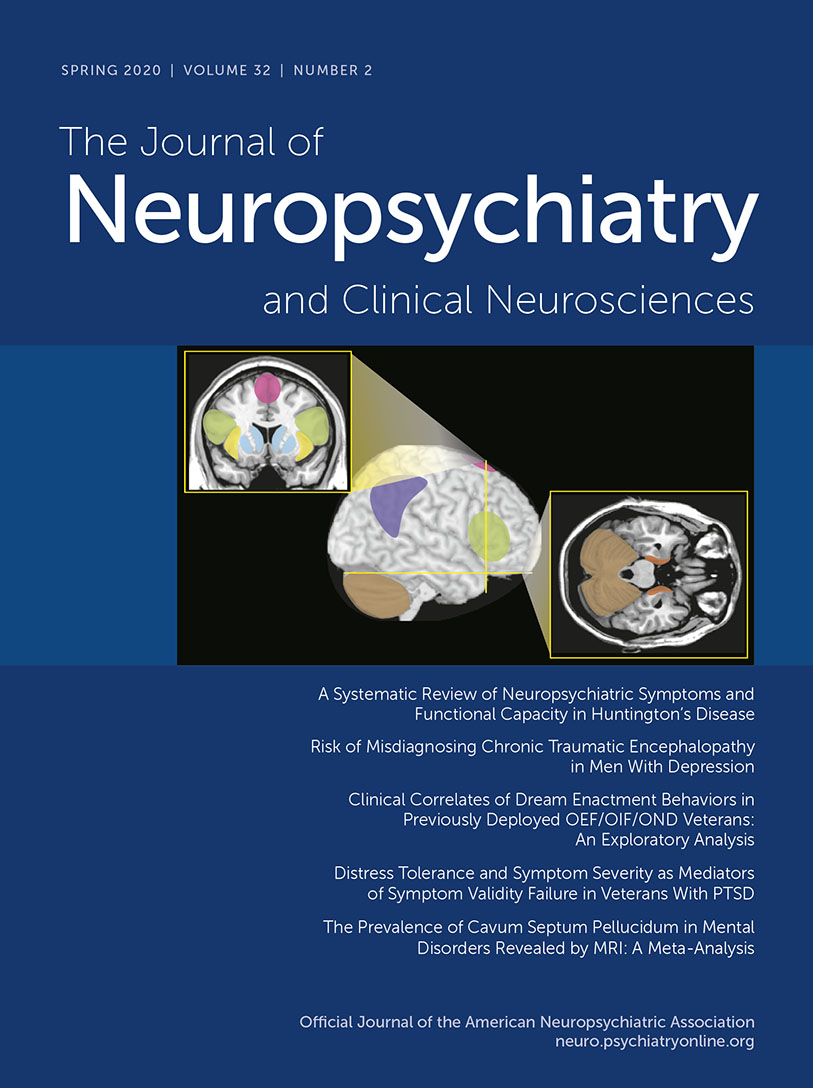Motivational Interviewing Techniques to Improve Psychotherapy Adherence and Outcomes for Patients With Psychogenic Nonepileptic Seizures
Abstract
Psychogenic nonepileptic seizures (PNES) are a highly disabling disorder frequently encountered by neurologists, psychiatrists, and emergency medicine physicians. There is accumulating evidence for the efficacy of psychological therapies, yet the majority of patients do not complete treatment. A range of health care system-based, clinician-based, and patient-based barriers to treatment exists, including stigma, poor clinician-patient communication, and patient ambivalence about the diagnosis and treatment of PNES. These barriers frequently lead to treatment nonadherence. Motivational interviewing (MI) is a patient-centered counseling style targeting ambivalence about behavior change, which has been shown to be effective in improving psychotherapy adherence and outcomes among patients with PNES. The authors review MI processes and techniques that may be useful to health care providers helping patients with PNES and other functional neurological disorders to engage in psychotherapy. The authors examine common challenges arising during MI for patients with PNES, including somatic symptoms distracting from clinician-patient communication, ambivalence about making concrete plans for treatment, and psychiatric comorbidities. Strategies for overcoming these obstacles are reviewed, including the use of complex reflections to enhance patient engagement; the use of an ask-tell-ask format and specific, measurable, achievable, relevant, and time-limited (SMART) goals to facilitate treatment planning; and close collaboration between the neurology and psychotherapy teams.



